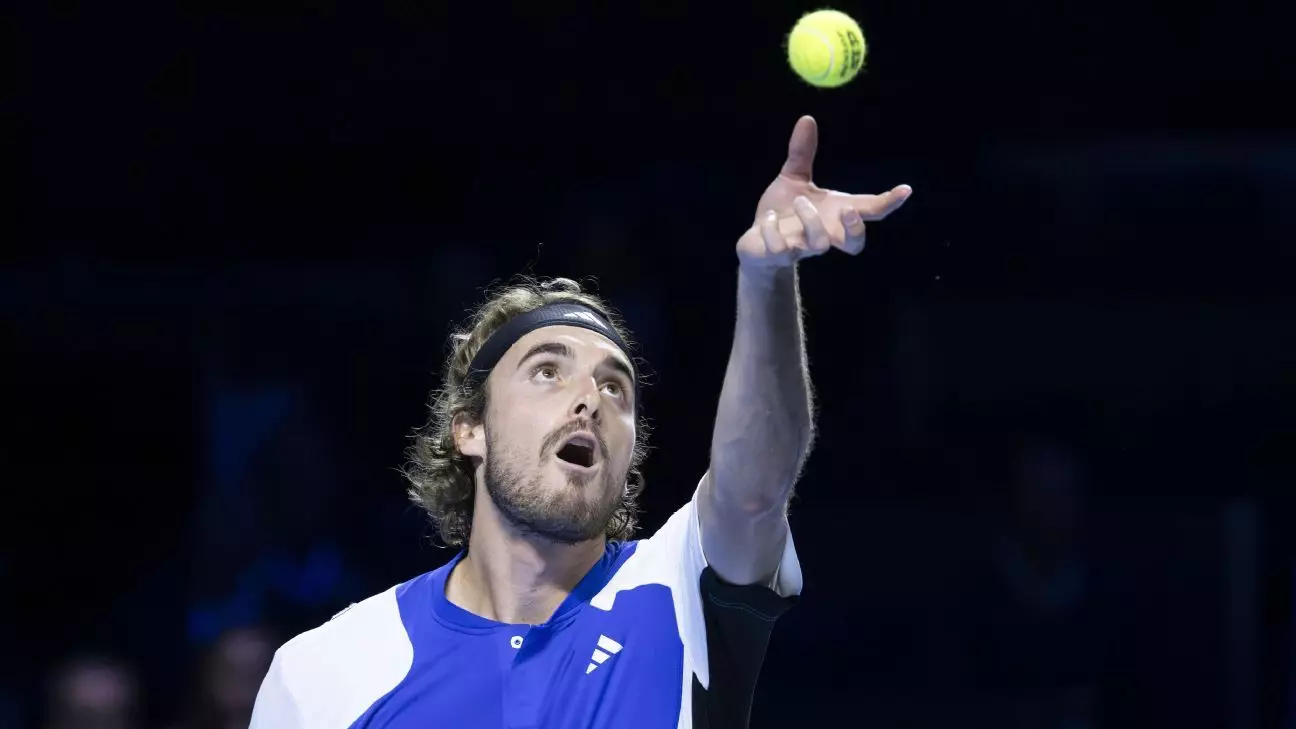In recent discussions within the tennis community, professional players have voiced significant concerns regarding the format of ATP Masters 1000 events. The current structure includes five tournaments spanning two weeks each, with plans to increase the number of such events starting in 2025. This change has prompted notable criticism from players, including Stefanos Tsitsipas, who argues that the extended duration compromises the quality of play and athlete welfare.
Stefanos Tsitsipas articulated a perspective shared by many: the rigor of a two-week event leaves players little opportunity to recover adequately between matches. As they navigate a grueling schedule, the lack of off-time diminishes their ability to undergo essential training. Tsitsipas, expressing his frustration on social media, stated, “The quality has definitely dropped,” emphasizing that constant competition undermines the players’ preparation routines. This sentiment aligns with former tennis star Andy Roddick’s assessment on his podcast, where he questioned the viability of such lengthy events in relation to injury rates among players.
The ATP’s decision to elongate tournament durations has faced backlash from various players who believe it signifies a misguided approach to tournament scheduling. Carlos Alcaraz, a rising star in the tennis world, noted that the relentless calendar can sap motivation, further exacerbating the risk of injuries. He pointed out the inherent struggle associated with a congested schedule, where players sometimes grapple with their enthusiasm for competing. Such sentiments underscore a larger issue: the toll that an overly ambitious tournament structure can take on the mental and physical well-being of athletes.
Alexander Zverev’s insights shed light on an important distinction between ‘rest’ and ‘recovery’. He remarked that while players are told they have a day off between matches, the reality of being away from home does not equate to true relaxation. Zverev stressed the importance of home time, where players can engage with family and restore their energy, something that a rigorous travel schedule simply cannot provide. This perspective challenges the ATP’s current priorities and suggests that genuine recovery requires more than just nominal days off in a different location.
As the ATP moves toward implementing more two-week events, the concerns raised by Tsitsipas, Alcaraz, Zverev, and others indicate a pressing need for reevaluation. The players’ collective voices reflect an underlying struggle between the sport’s commercialism and the authentic needs of its competitors. The ATP must weigh the long-term implications of such scheduling decisions—not just for immediate tournament outcomes, but also for the overall health and sustainability of player careers.
While the push for more expansive Masters events might appear beneficial from a promotional angle, the players’ well-being should remain paramount. The essential question emerges: can the integrity and quality of tennis be preserved while adhering to a sensible calendar that respects the needs of players? Only time will tell if the ATP will heed these warnings and adapt accordingly.

